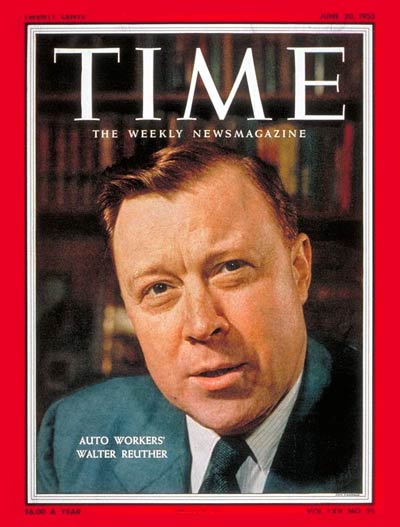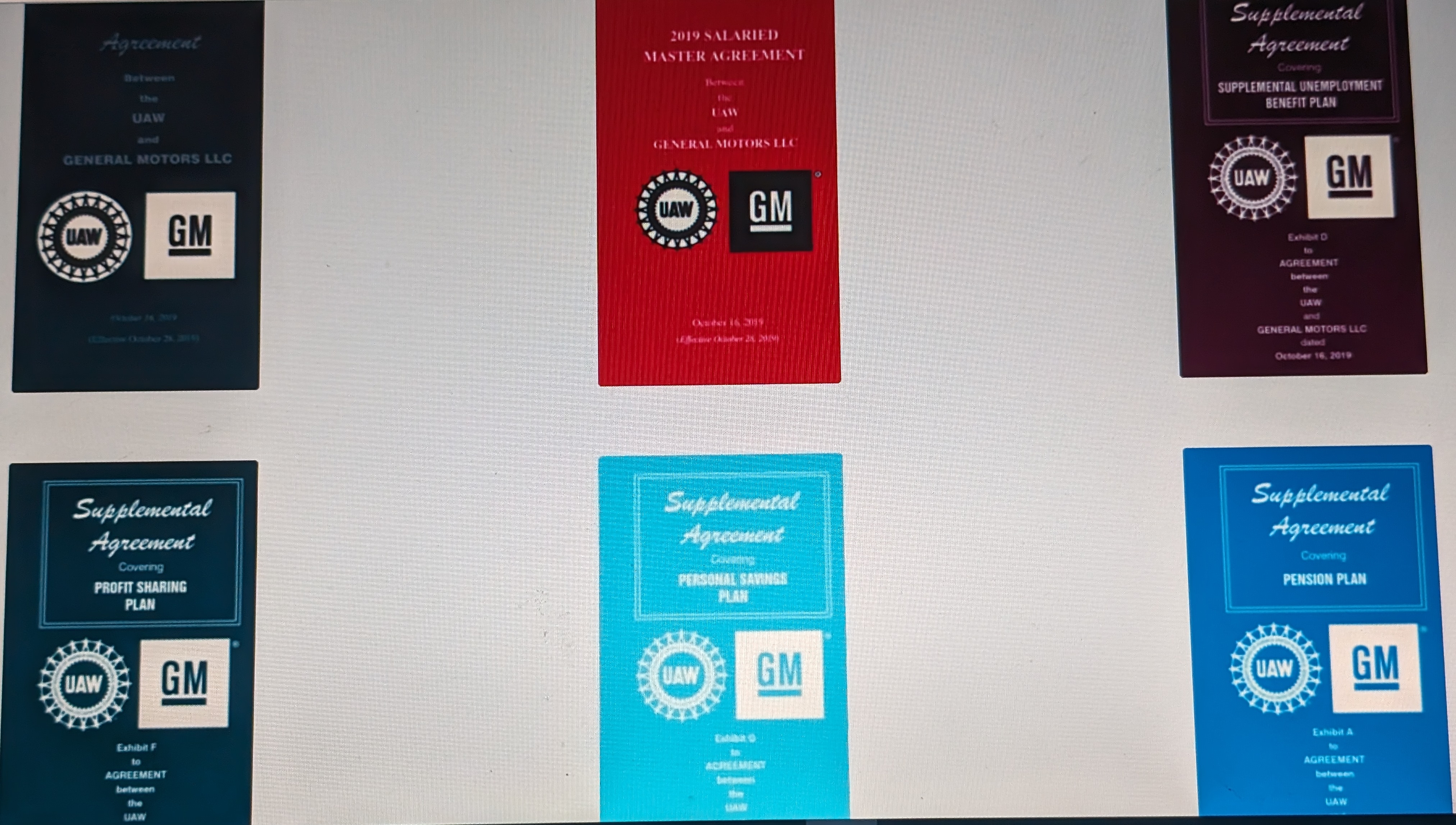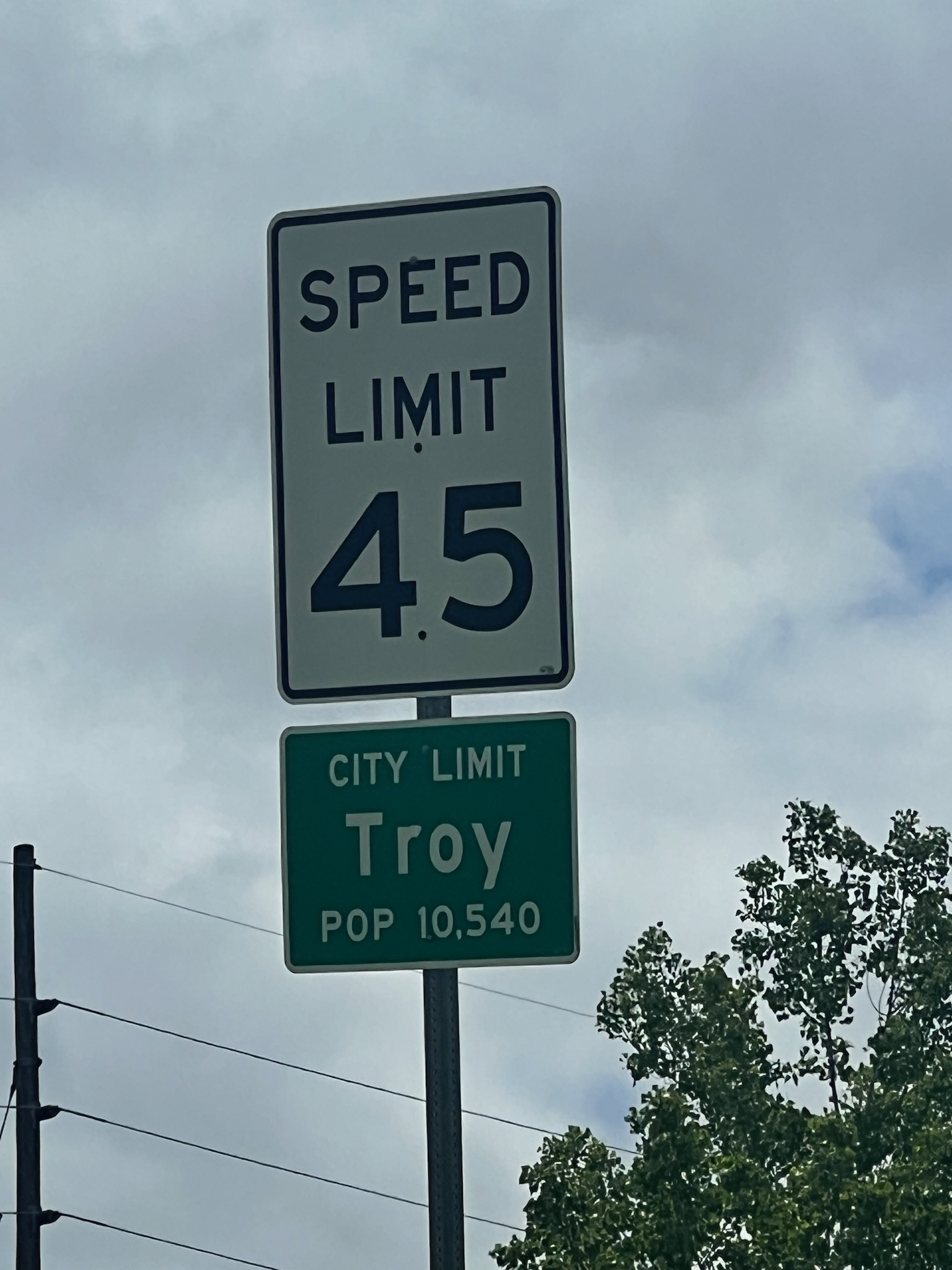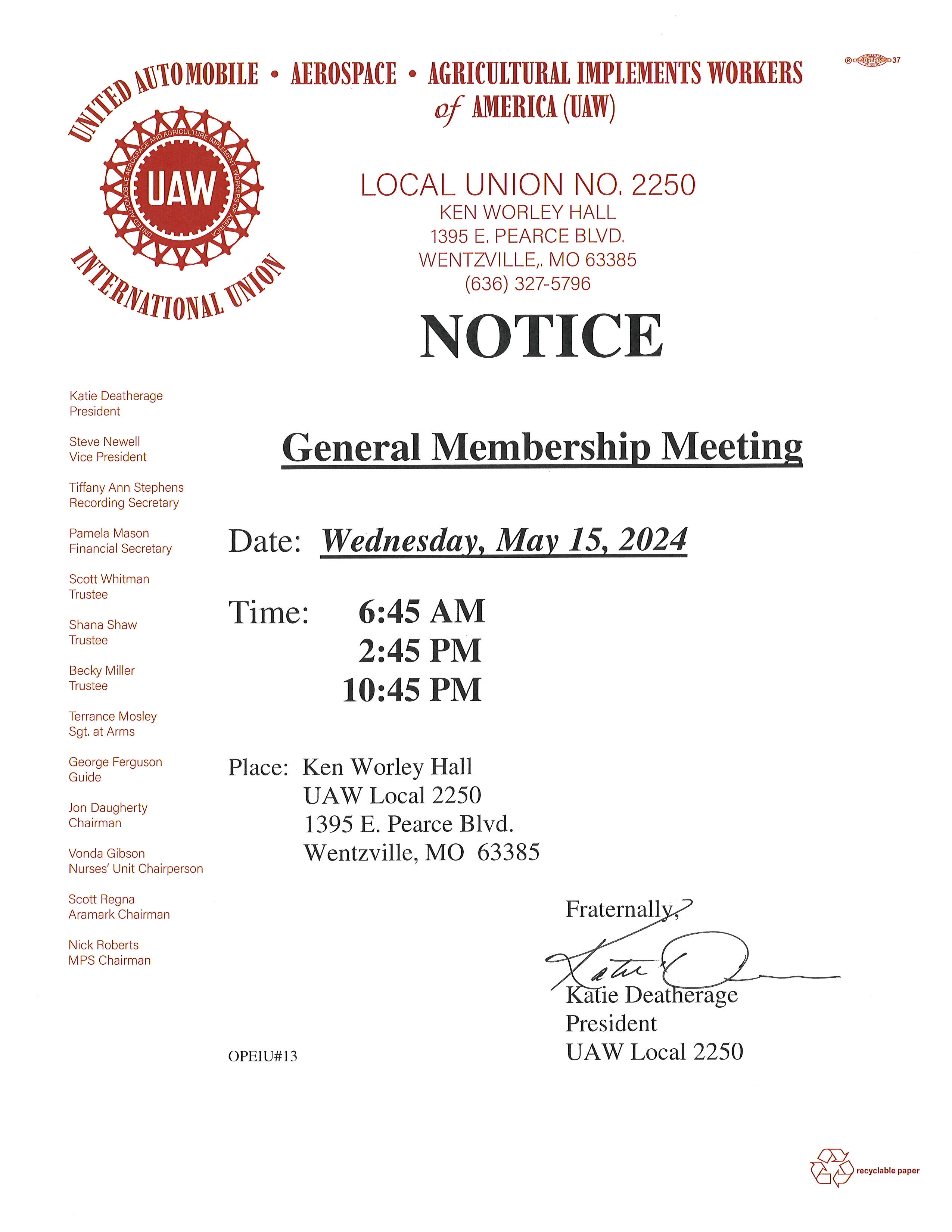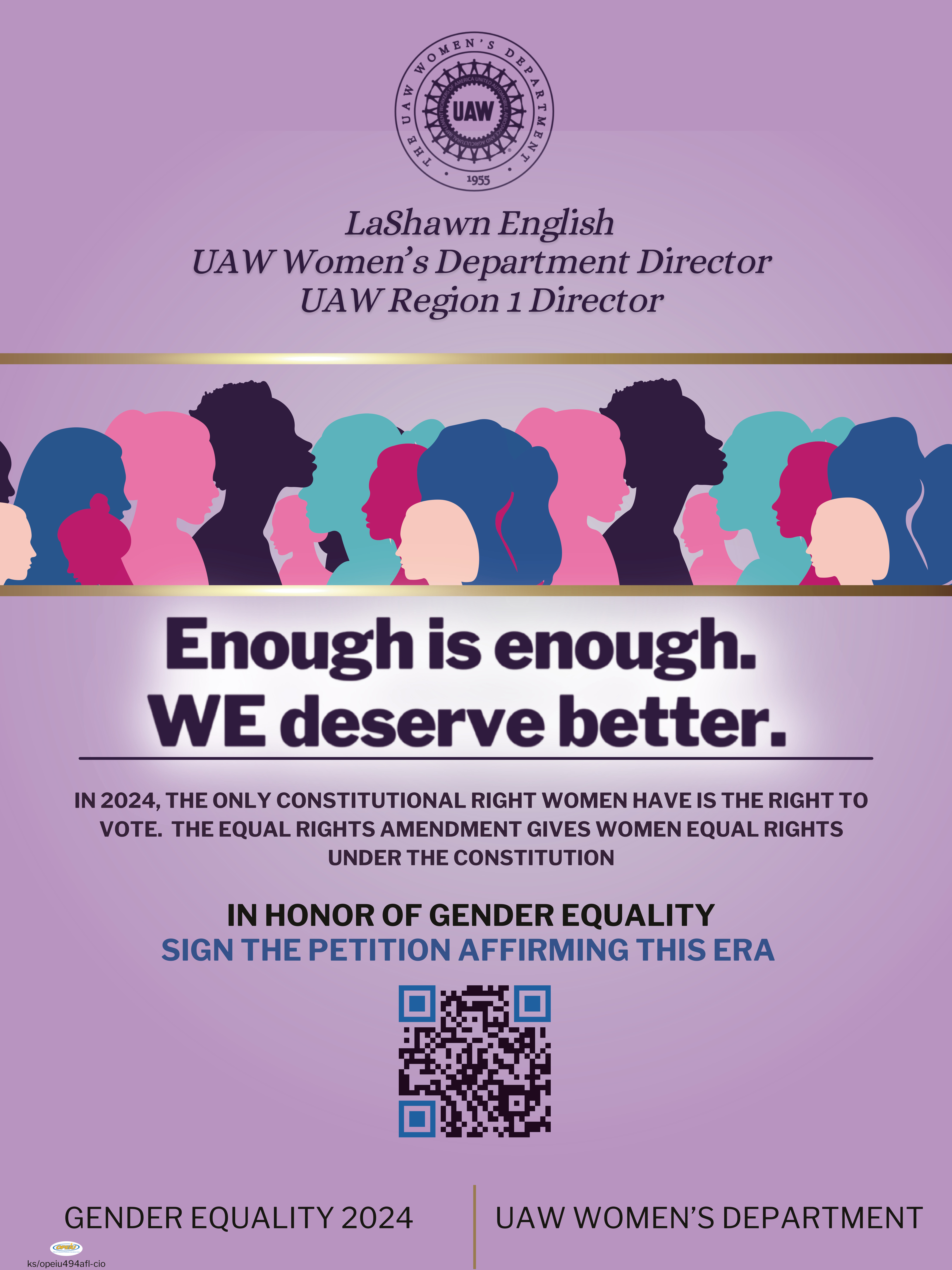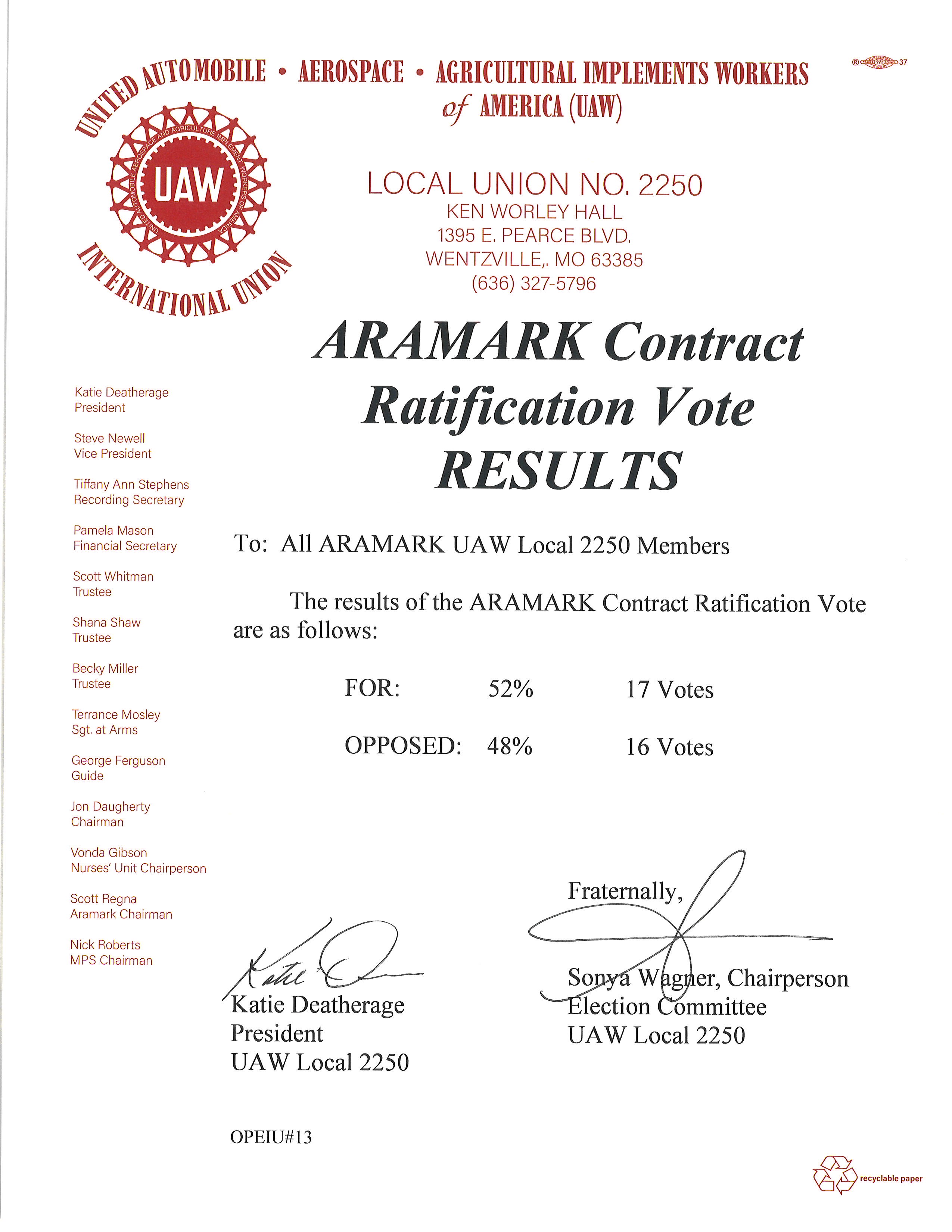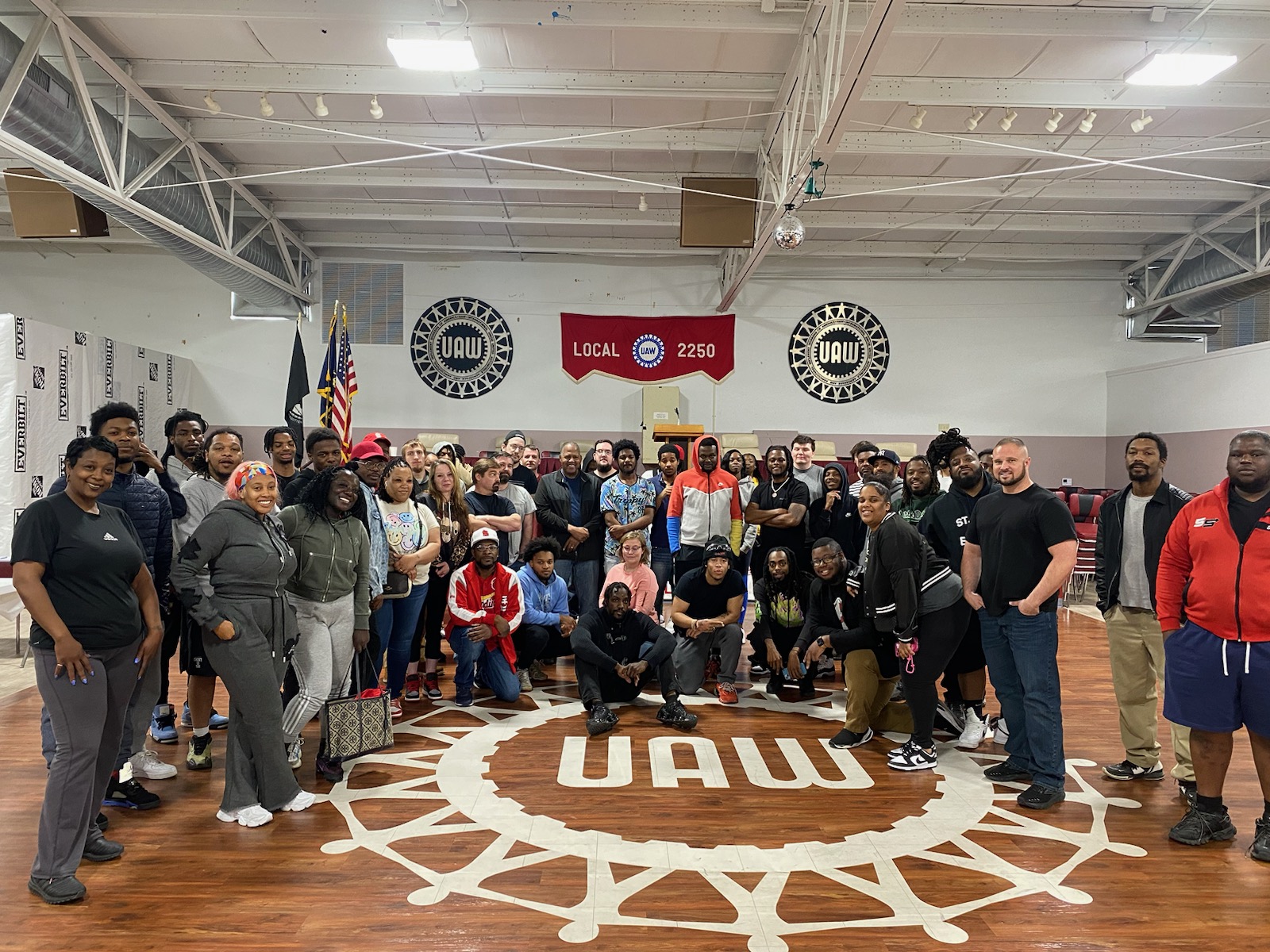-
This UAW Legend Died 54 Years Ago Today - 9 hours ago
-
The Annie Malone Parade Is About To Start! - 12 hours ago
-
Got Questions? Get Answers! - 1 day ago
-
The Truth About Troy, Toyota, and the UAW - May 7, 2024
-
May 15th Membership Meeting - May 6, 2024
-
MO AFL-CIO Weekly Labor Report: UAW Rises Again, Non-Competes Go Bye-Bye - May 5, 2024
-
Direct From The IUAW Women’s Department! - May 4, 2024
-
Organizing Is The Life Blood Of Unionism; Learn How! - May 4, 2024
-
Aramark Contract Vote! - May 4, 2024
-
St. Louis Labor Tribune Calls Out Troy Chamber on UAW! - April 27, 2024
Should You Quit While On Workers Compensation?
What Happens When You Quit or are Fired from your Job While on Workers’ Comp
By Michael C. Goldberg
It can be tempting, while on workers’ compensation, to dream about quitting your job. But did
you stop to think how that might affect your case?
And have you considered what could happen if you’re terminated while out on a work-related
injury? Can your employer cut off your care and stop your weekly benefits?
These scenarios come up more than you’d expect. And, while every case is unique, there are
some commonalities you should be aware of.
Scenario 1: You quit your job while under care.
In this scenario, you’re off work due to restrictions or limitations provided by the workers’
compensation doctor, and you’re receiving weekly benefit checks. If you decide to quit your job,
you’ll continue to receive these benefits if you’re considered totally disabled—meaning, unable
to engage in any employment in the open labor market. In this case, you’ll still be under severe
restrictions that would prevent you from getting work, which allows you to continue receiving
medical care and remain eligible for the other benefits under the workers’ compensation system.
But. . . (you knew that was coming, right?)
Employers aren’t stupid. To reduce their liability, they’ve created a workaround that can change
your classification from “totally disabled” to “light duty,” which puts you into an “employable”
category. Once the doctor modifies your restrictions, you become eligible for some type of work.
It doesn’t matter if this modification is realistic given your injury. What matters is the new
classification. If you quit under these circumstances, the employer can stop weekly benefits,
saying they had work for you, and you chose to leave instead. Whether this is true or not is
eventually what the legal fight would be over. Until this issue is resolved, your weekly benefits
will stop.
I always encourage clients to stay in their jobs until their claim is resolved, if possible.
Scenario 2: You’re terminated while under care.
If your employer terminates your employment for any reason and claims it’s for “post-accident
misconduct,” your weekly benefits will stop. The real problem is that the term post-accident
misconduct isn’t defined in the law, so it gives your employer plenty of room to create some
situation that results in your termination. You may be able to fight this termination through the
grievance process, but that can take a long time during which you won’t get weekly benefits.
Examples of the post-accident misconduct are:
Failing to return to work while on restrictions and light duty is available.
Failing to check in with your work and provide required documents needed to keep you
off work.
Claims of fraud about the extent of your claimed injuries, violating the doctor’s
limitations, or being caught doing things you say you can’t do.
In addition, if you were under any type of investigation before your injury, your employer can
terminate you by citing findings from the investigation that have nothing to do with your injury.
In this case, your benefits will stop.
Whether you quit or are terminated, you’ll still receive medical care provided under workers’
comp. You’re also allowed to pursue any permanent disability benefits or future care. While this
is good news, you may still be without the weekly financial benefit.
Knowledge is power. By understanding what could happen if you choose to leave your job or are
terminated while on workers’ compensation may help you avoid a scenario that could jeopardize
your weekly benefits.
Michael Goldberg is the principle at Michael C. Goldberg Law, L.L.C. His firm focuses on
workers’ compensation, civil litigation, and labor law. Mike’s also a member of CWA Local
6300. Contact him at (314) 824-0350, mike@michaelgoldberglaw.com, or visit his website at
michaelgoldberglaw.com.
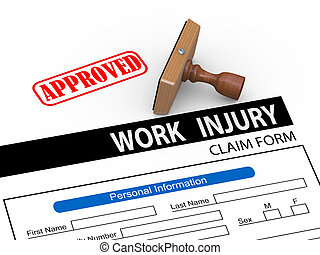
(image via canstockphoto.com)

